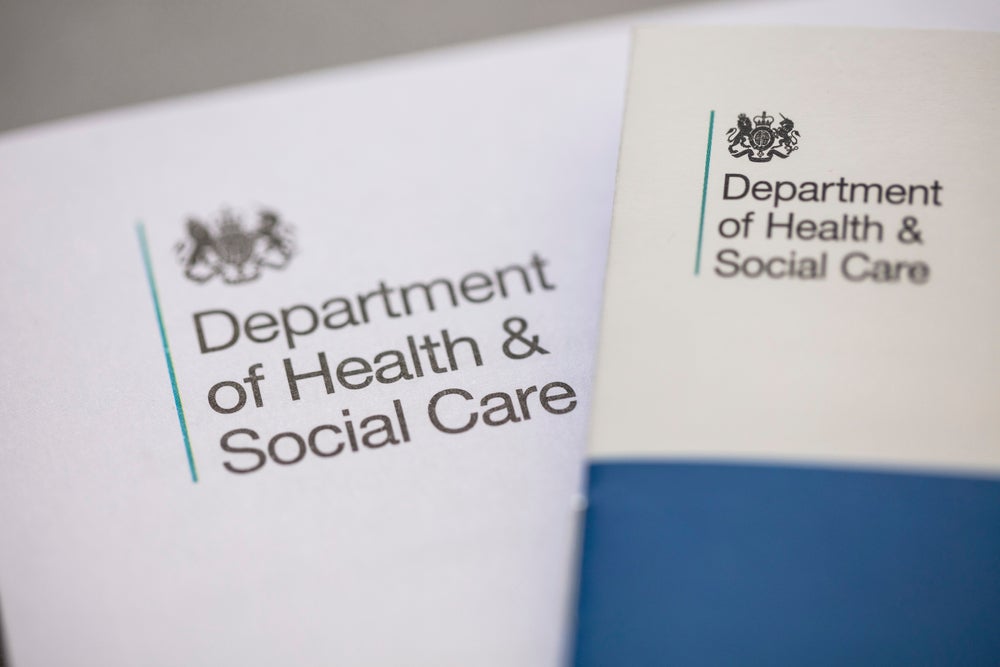A research study conducted by the Association of Chartered Certified Accountants (ACCA) has revealed that 55% of the public believe auditors could prevent company failures.
In addition 34% of the respondents said they expected auditors to always detect and report any fraud and 70% believed audit should evolve to prevent company failures.
The study surveyed 11,000 respondents in 11 different countries regarding the expectation gap in audit.
When asked to define the role of an auditor, 48% of respondents from Greece were able to do so, followed by the Czech Republic with 47%. Only 25% of UK of respondents answered correctly.
The survey was conducted in association with Chartered Accountants Australia and New Zealand (CAANZ) and was conducted at a time where the UK audit sector underwent a number of reviews, including scrutiny of both the role and remit of its soon-to-be reformed regulator, The Financial Reporting Council (FRC).
The Business Energy and Industrial Skills report on the future of audit also identified a ‘delivery gap’ in audit. ACCA believes this gap is the most relevant issue facing the profession and should be assessed in three components: the knowledge gap, the performance gap and the evolution gap.
How well do you really know your competitors?
Access the most comprehensive Company Profiles on the market, powered by GlobalData. Save hours of research. Gain competitive edge.

Thank you!
Your download email will arrive shortly
Not ready to buy yet? Download a free sample
We are confident about the unique quality of our Company Profiles. However, we want you to make the most beneficial decision for your business, so we offer a free sample that you can download by submitting the below form
By GlobalDataACCA executive director of governance, Maggie McGhee, said: “ACCA’s survey highlights challenges for the accountancy profession, regulators and government in how to respond to public expectations of audit.
“The profession has long spoken about the expectation gap in audit, and our research highlights the failure of the gap to close. Globally, it is clear that further education on the auditor’s role is required, backed by a proactive approach from the profession to address public concern.”
ACCA audit and business law manager Antonis Diolas said: “There has been significant scrutiny in the UK around audit.
“Our research shows the urgent need for an open dialogue involving the profession, stakeholders and the public to understand what kind of audit future the public expects.
“Our data shows the high levels of misconception, and that the public are telling us they see audit is part of the solution, a robust audit sector exercising the appropriate levels of professional scepticism. We must work together to address their legitimate concerns about audit.”
By Asena Degirmenci






